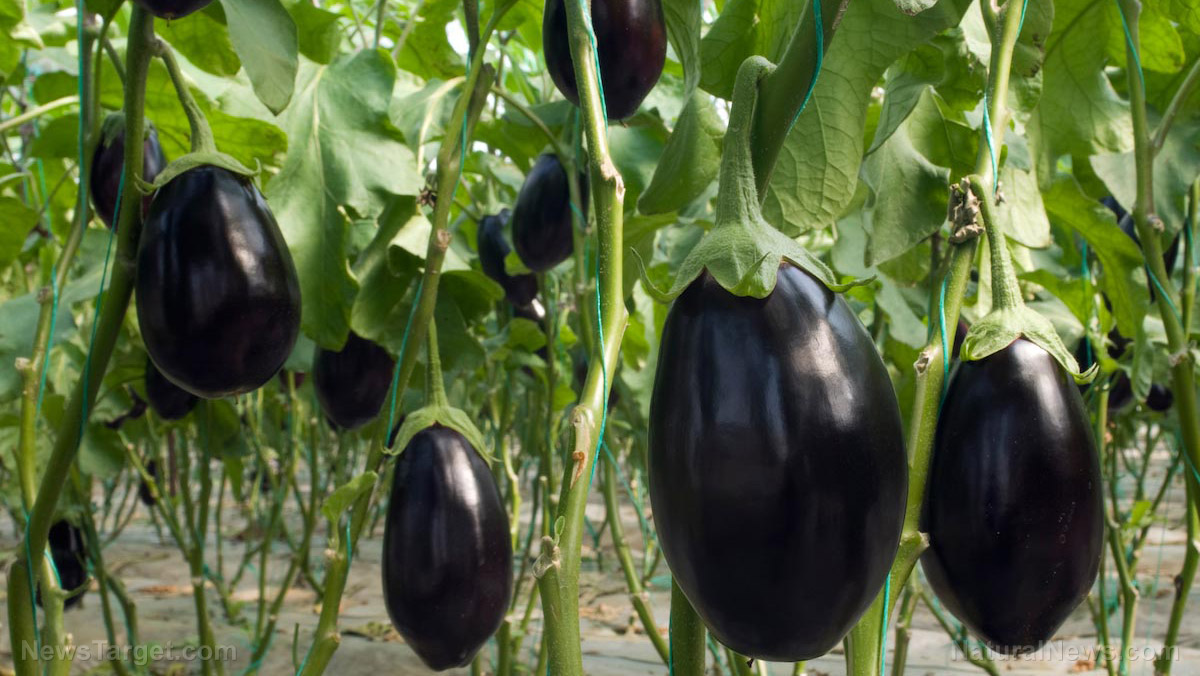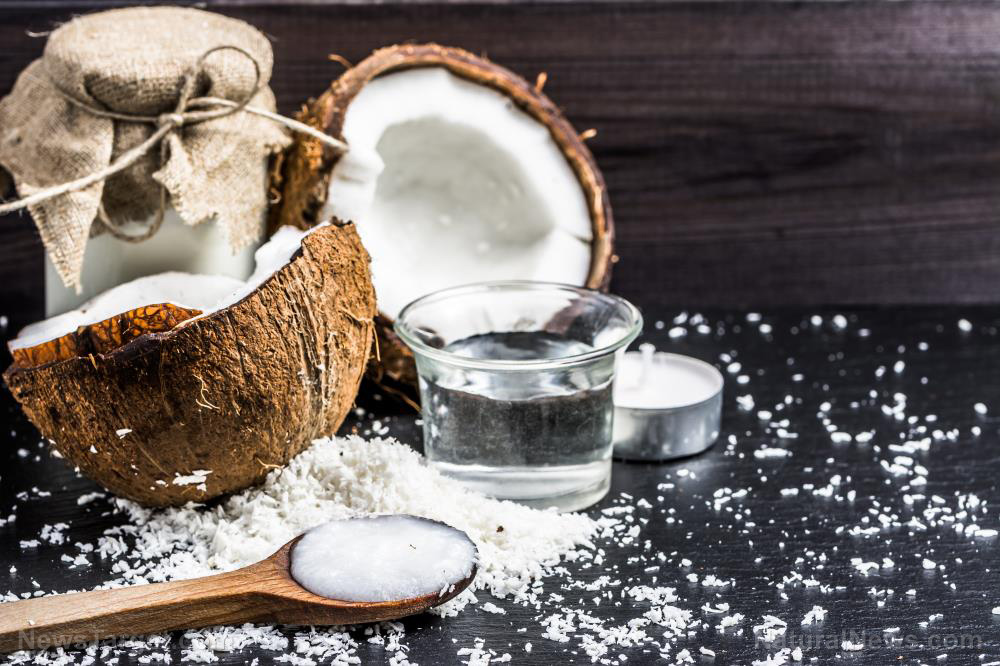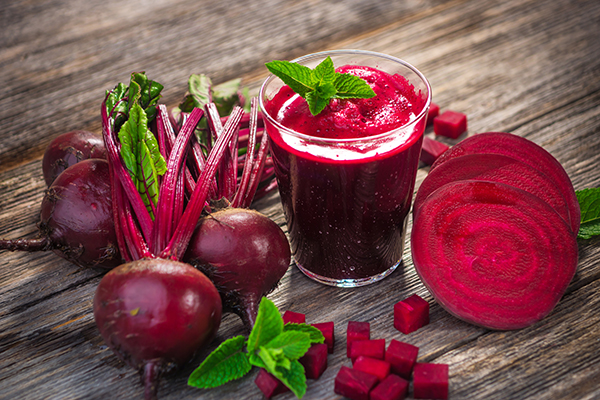Soybeans: The ancient superfood powering modern diets
03/27/2025 / By Laura Harris

- Soybeans originated in ancient China over 5,000 years ago and were valued for their nutritional and medicinal properties. They spread globally, becoming a key protein source during World War II, and are now widely cultivated, with the U.S., Brazil and Argentina being top producers.
- A complete plant-based protein, soybeans are rich in essential amino acids, healthy fats (omega-3 and omega-6), fiber, vitamins (B vitamins, vitamin K), minerals (iron, magnesium, potassium) and phytonutrients like isoflavones, which can support heart and bone health.
- Soybeans can also aid in cholesterol reduction and cancer risk reduction. While concerns about phytoestrogens in soybeans affecting hormone levels exist, moderate consumption of soybeans is still safe for most people. Consulting your healthcare provider is advised for specific concerns.
- Organic soybeans are recommended over conventional ones, as they avoid synthetic pesticides like glyphosate and have reduced exposure to heavy metals like cadmium, which can be absorbed from contaminated soil.
- Soybeans can be consumed in various forms, such as tofu, tempeh, edamame, soy milk, miso and soy sauce. Popular dishes include miso soup, tofu stir-fry, tempeh tacos, edamame hummus and soy milk pancakes, showcasing their adaptability in global cuisines.
Soybeans, scientifically known as Glycine max, are one of the most versatile and nutrient-dense legumes in the world. They have been a staple in global diets for centuries, celebrated for their high protein content, essential fatty acids and wide array of vitamins and minerals. (Related: Study: Plant-based diet, soybeans help reduce menopausal hot flashes.)
But what exactly are soybeans, where do they come from and how have they become such a prominent ingredient in modern cuisine?
Brief history of soybeans
Soybeans have a rich history that dates back over 5,000 years to ancient China, where they were first cultivated as a vital crop. The Chinese revered soybeans not only as a food source but also for their role in traditional medicine and soil enrichment through nitrogen fixation. From China, soybeans spread to other parts of Asia, including Japan, Korea and Southeast Asia, where they became integral to regional cuisines.
It wasn’t until the 18th century that soybeans were introduced to Europe and the Americas. Their global popularity surged in the 20th century, particularly during World War II, when soybeans became a critical source of protein and oil. Today, soybeans are grown worldwide, with the United States, Brazil and Argentina being their largest producers.
Nutritional profile of soybeans
Soybeans are a nutritional powerhouse, offering a unique combination of macronutrients and micronutrients. Here’s a breakdown of what makes soybeans so beneficial:
- Protein – Soybeans are one of the few complete plant protein sources in existence, meaning they contain all nine essential amino acids. This makes them an excellent protein source for vegetarians and vegans.
- Healthy fats – Soybeans are rich in healthy polyunsaturated fats, including omega-3 and omega-6 fatty acids, which can support heart health and reduce inflammation.
- Fiber – High in dietary fiber, soybeans promote digestive health and help regulate blood sugar levels.
- Vitamins and minerals – Soybeans are a good source of B vitamins (especially folate), vitamin K, iron, magnesium, potassium and calcium.
- Phytonutrients – Soybeans contain isoflavones, a type of phytoestrogen linked to reduced risks of certain cancers, improved bone health and relief from menopausal symptoms.
The health impact of soybeans has been a topic of debate, but the consensus among nutrition experts is that soybeans are generally beneficial when consumed as part of a balanced diet. Studies have shown that soybean consumption can lower cholesterol levels, reduce the risk of heart disease and support bone health. The isoflavones in soybeans have also been associated with a reduced risk of breast and prostate cancers.
However, concerns have been raised about soy’s potential to interfere with thyroid function or hormone levels due to its phytoestrogen content. While these concerns are valid for individuals with specific health conditions, moderate soy consumption is considered safe for most people. It is always best to consult a healthcare provider if you have concerns about soybeans and your health.
Culinary uses and recipes
Soybeans are incredibly versatile and can be used in a wide variety of foods and recipes. Here are some common dishes that feature soybeans:
- Tofu – Made from coagulated soy milk, tofu is a protein-rich ingredient used in stir-fries, soups and salads.
- Tempeh – A fermented soybean product with a nutty flavor, tempeh is often used as a meat substitute in sandwiches, burgers and bowls.
- Edamame – Young, green soybeans that are boiled or steamed and served as a snack or appetizer.
- Soy milk – A popular dairy-free alternative used in smoothies, cereals and baking.
- Miso – A fermented soybean paste used in soups, marinades and sauces.
- Soy sauce – A savory condiment made from fermented soybeans, wheat and salt.
Here are some popular recipes that feature soybeans:
- Miso soup – A traditional Japanese soup made with miso paste, tofu, seaweed and green onions.
- Tofu stir-fry – A quick and healthy dish featuring tofu, vegetables and a savory sauce.
- Tempeh tacos – A plant-based twist on tacos using marinated tempeh as the filling.
- Edamame hummus – A creative take on hummus using edamame instead of chickpeas.
- Soy milk pancakes – Fluffy pancakes made with soy milk for a dairy-free breakfast.
Organic vs. conventional soybeans
When it comes to soybeans, opting for organic is highly recommended. Conventional soybeans are grown using synthetic pesticides and herbicides, such as glyphosate, which has been linked to serious health and environmental issues. Organic soybeans are grown without these chemicals, making them safe for consumption.
Additionally, soybeans can absorb heavy metals like cadmium from the soil, especially in regions with contaminated farmland. Organic farming practices often include soil testing and remediation, further minimizing the risk of heavy metal contamination.
This story is not medical advice and is not intended to treat or cure any disease. Always consult with a qualified naturopathic physician for personalized advice about your specific health situation or concern.
Visit NaturalNews.com, a great article source where you can learn about food ingredients and their health benefits.
You can also try Brighteon.ai, an AI model created by Mike Adams, also known as the Health Ranger. This model is available as a free download to be run locally and is designed to help share and decentralize knowledge. By doing so, it aims to bypass censorship and empower people with knowledge.
If you’re looking for an uncensored video free speech website where you can openly discuss nutrition, natural medicine, ingredients and more, check out Brighteon.com and out two free speech social media sites, Brighteon.IO and Brighteon.social.
Watch this video to learn how to grow soybeans at home.
This video is from the Amazed Gardening channel on Brighteon.com.
More related stories:
OINK SOYNK: USDA green-lights genetically modified soybeans that produce pig proteins.
FrankenMeats are here: Soybeans are being genetically engineered to grow pig protein.
Plant-based ROADS? Iowa researchers to pave roads using soybeans and recycled asphalt.
Sources include:
Submit a correction >>
Tagged Under:
food cures, food is medicine, food science, functional food, grocery cures, health science, ingredients, natural cures, natural health, natural medicine, nutrients, nutrition, organics, phytonutrients, soybeans, veggie
This article may contain statements that reflect the opinion of the author
RECENT NEWS & ARTICLES
COPYRIGHT © 2017 INGREDIENTS NEWS



















